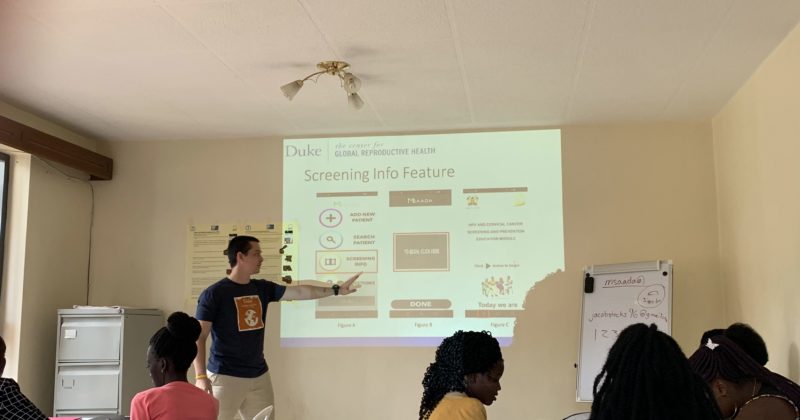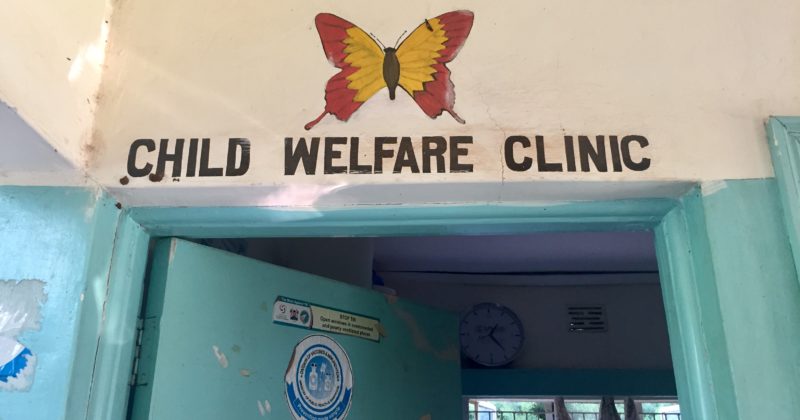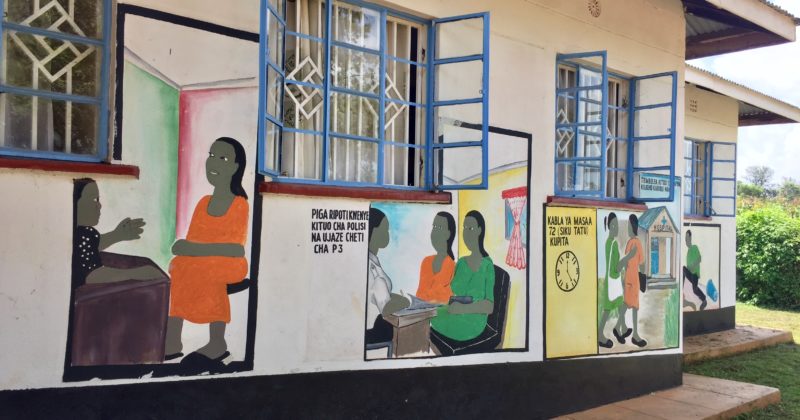
Learning Backwards
I traveled this summer to Kisumu, Kenya expecting to work on a project we had poured hours of work into through the Center for Global Reproductive Health. After much time spent discussing our project, conducting literature reviews, and finalizing on our in-depth interview guides, it was disappointing to learn that we would not have our necessary IRB approvals for our project until after our departure from Kisumu. While we are glad to know that our project is in amazing hands here at the Center for Global Reproductive Health, it was frustrating to come to terms with the fact that we would not be the ones to carry out the interviews we had worked so hard on. As I look back on my summer, I am compelled to reflect on why this change of plans changed my trip for the better. Much discussion around research, especially when it comes to global health research, focuses on the importance of flexibility. Figuring out what...









